CoE adopts resolution, Serbian amendments
The Council of Europe's Parliamentary Assembly adopted a Resolution and proposals for settling Kosovo’s future status.
Wednesday, 23.01.2008.
11:01

The Council of Europe's Parliamentary Assembly adopted a Resolution and proposals for settling Kosovo’s future status. They will include two Serbian amendments. CoE adopts resolution, Serbian amendments The draft resolution on developing the process for settling Kosovo’s status was adopted in the Assembly by 96 votes to 48, while there were 24 abstentions. A proposal for an imposed solution for Kosovo’s status has been deleted from the resolution compiled by Lord Russell Johnson, and has been replaced with a proposal for a resumption of talks between the two sides based on UN Resolution 1244. Two amendments put forward by the Serbian delegation were adopted during the debate, including one stating that the Parliamentary Assembly was in favor of finding an alternative way of continuing talks and reaching a negotiated solution. Under the other amendment, the sentence beginning “One should not rule out the Kosovo parliament deciding to declare independence unilaterally…” is shortened by deleting the end, which had read “should the Security Council not be in a position to reach a unanimous position on an imposed solution.” Although pleased with the significant changes made, the Serbian delegation still refused to vote in favor of the resolution. Head of the delegation Milos Aligrudic (Democratic Party of Serbia) said that changing Article 6, stating that the CoE believed that talks had been exhausted and that it was time for an imposed solution, had been a success. Fellow delegation member Dragoljub Micunovic from the Democratic Party was also pleased: “A very important amendment has been adopted which avoids defining status, and leaves responsibility in the hands of the Security Council, but which has also shown something else – a very big difference of opinion as far as the Kosovo problem is concerned. Many delegates have changed their earlier view, and are now against unilateral recognition.” Aligrudic, meanwhile, explained why the Serbian delegation had nonetheless voted against the resolution: “I can’t say that the resolution’s text is as I would like it to be, but the intentions of those who wrote the resolution have been entirely foiled.” Although the proposal for an imposed solution for the province’s status has been deleted, the text still reads: “The Assembly calls on all member-states who are also EU member-states to take a united position over Kosovo’s future status, as well as over the potential unilateral declaration of independence by the Kosovo parliament.” Nevertheless, regardless of the resolution’s contents, it is not legally binding, and is of a purely advisory character. CoE Secretary General Terry Davis had said earlier that he felt that a decision on Kosovo’s status should be reached via an agreement, and not unilaterally. He said that he had always believed that the matter of status should be decided within the Security Council, though he added that it was becoming less and less clear whether that decision would be taken. The majority of members within the Parliamentary Assembly voted in favor of a resumption of talks, and stressed the importance of finding a negotiated solution. Lord Russell Johnson (Beta)
CoE adopts resolution, Serbian amendments
The draft resolution on developing the process for settling Kosovo’s status was adopted in the Assembly by 96 votes to 48, while there were 24 abstentions.A proposal for an imposed solution for Kosovo’s status has been deleted from the resolution compiled by Lord Russell Johnson, and has been replaced with a proposal for a resumption of talks between the two sides based on UN Resolution 1244.
Two amendments put forward by the Serbian delegation were adopted during the debate, including one stating that the Parliamentary Assembly was in favor of finding an alternative way of continuing talks and reaching a negotiated solution.
Under the other amendment, the sentence beginning “One should not rule out the Kosovo parliament deciding to declare independence unilaterally…” is shortened by deleting the end, which had read “should the Security Council not be in a position to reach a unanimous position on an imposed solution.”
Although pleased with the significant changes made, the Serbian delegation still refused to vote in favor of the resolution. Head of the delegation Miloš Aligrudić (Democratic Party of Serbia) said that changing Article 6, stating that the CoE believed that talks had been exhausted and that it was time for an imposed solution, had been a success.
Fellow delegation member Dragoljub Mićunović from the Democratic Party was also pleased: “A very important amendment has been adopted which avoids defining status, and leaves responsibility in the hands of the Security Council, but which has also shown something else – a very big difference of opinion as far as the Kosovo problem is concerned. Many delegates have changed their earlier view, and are now against unilateral recognition.”
Aligrudić, meanwhile, explained why the Serbian delegation had nonetheless voted against the resolution: “I can’t say that the resolution’s text is as I would like it to be, but the intentions of those who wrote the resolution have been entirely foiled.”
Although the proposal for an imposed solution for the province’s status has been deleted, the text still reads: “The Assembly calls on all member-states who are also EU member-states to take a united position over Kosovo’s future status, as well as over the potential unilateral declaration of independence by the Kosovo parliament.”
Nevertheless, regardless of the resolution’s contents, it is not legally binding, and is of a purely advisory character.
CoE Secretary General Terry Davis had said earlier that he felt that a decision on Kosovo’s status should be reached via an agreement, and not unilaterally. He said that he had always believed that the matter of status should be decided within the Security Council, though he added that it was becoming less and less clear whether that decision would be taken.
The majority of members within the Parliamentary Assembly voted in favor of a resumption of talks, and stressed the importance of finding a negotiated solution.














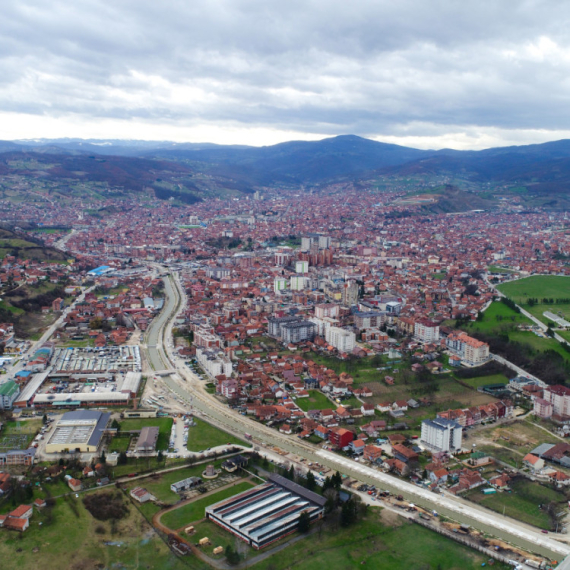

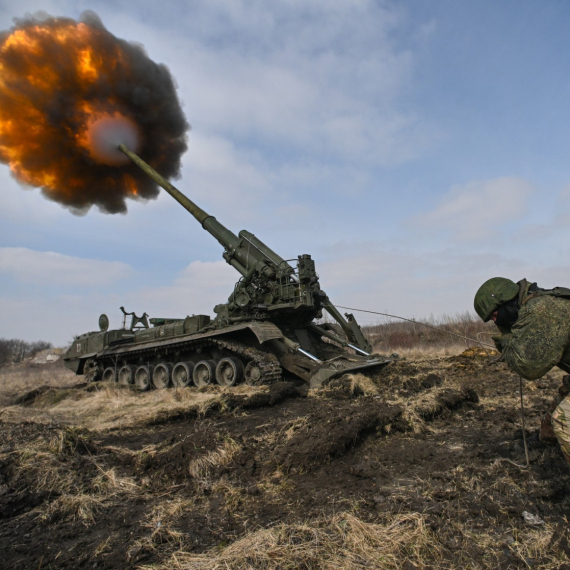
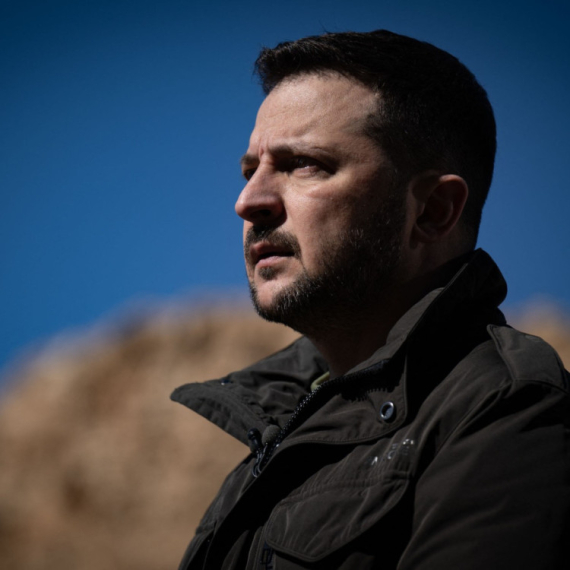










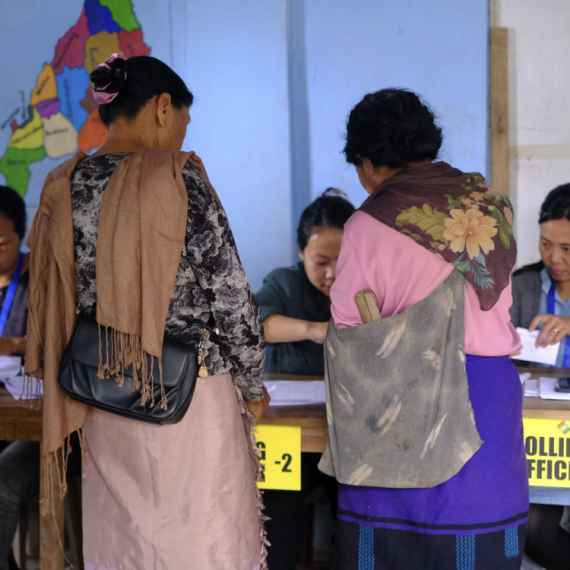













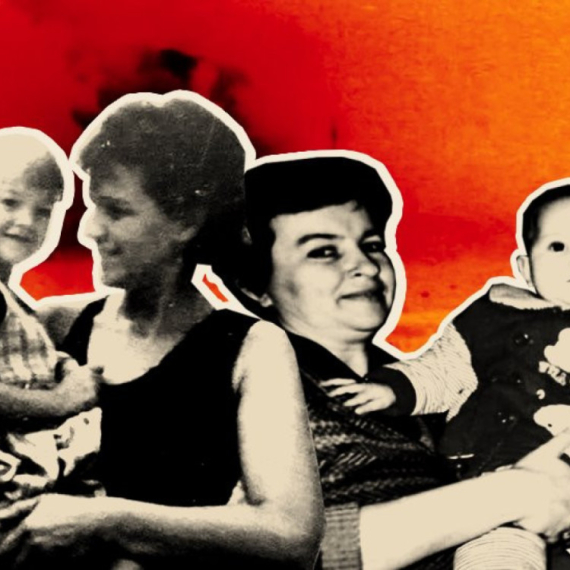





Komentari 14
Pogledaj komentare